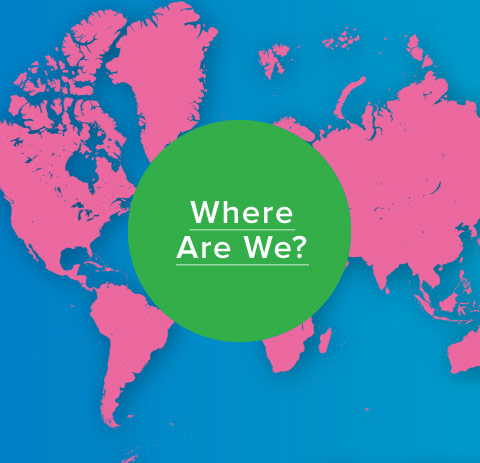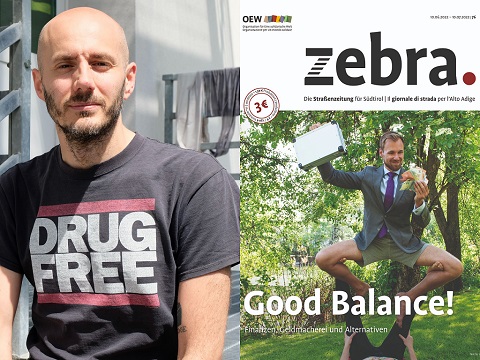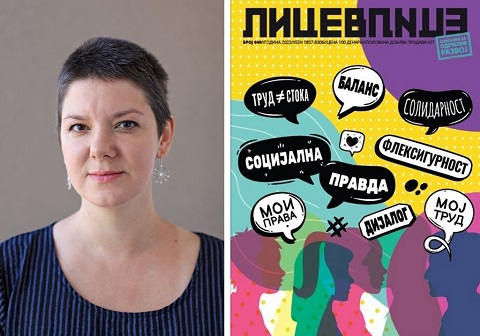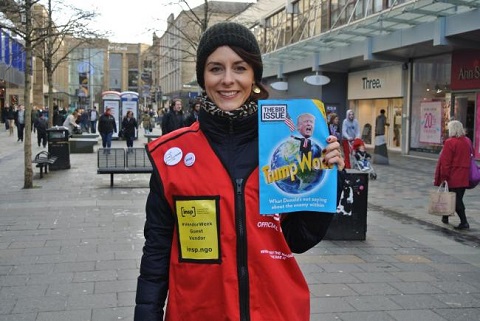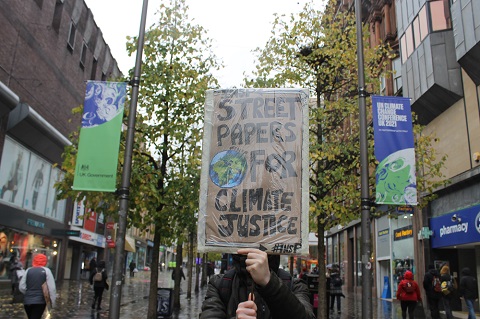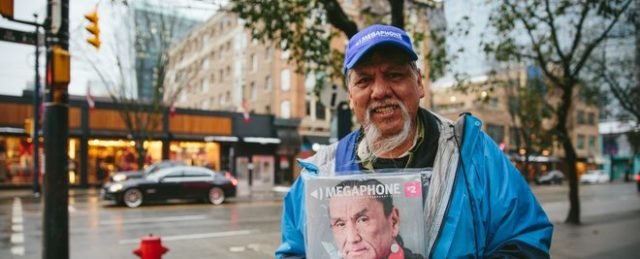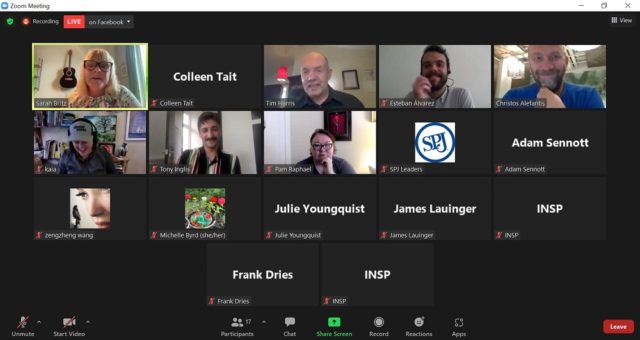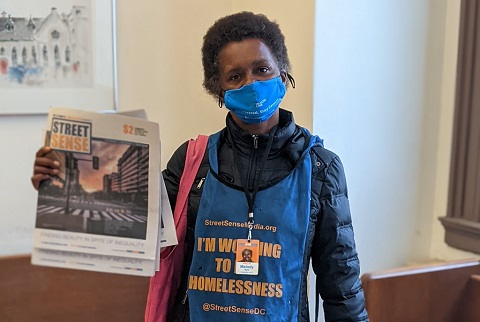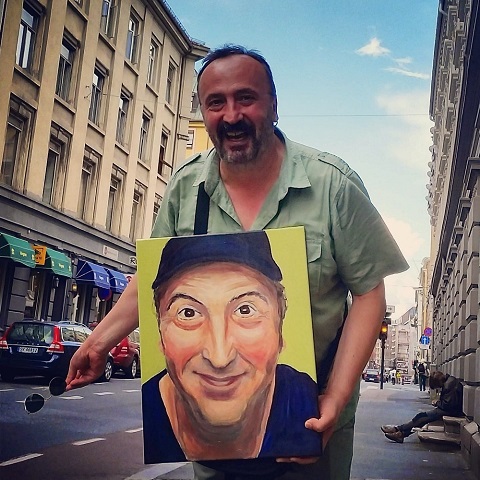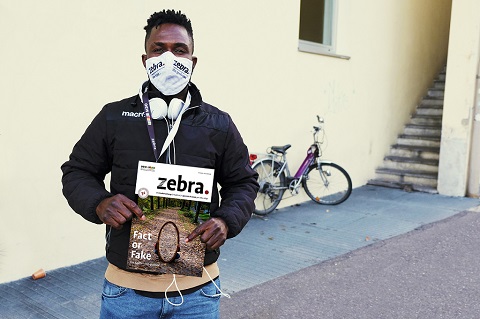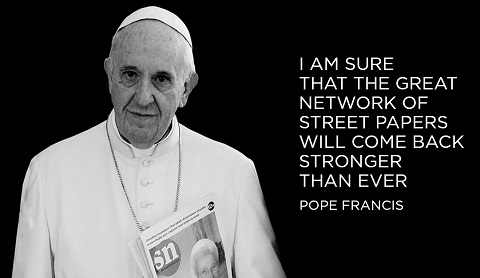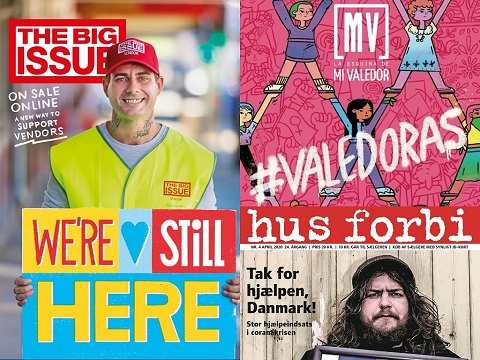This summer, Shedia, Greece’s street paper, is publishing its first ever English edition, along with a responsible tourism guide in Athens. The English-version aims to attract tourists, the city’s visitors, and expats living in the Greek capital.
Just a stone’s throw away from the Acropolis, in one of the trendiest neighbourhoods of Athens’ historic district is Shedia Home, a 19th-century building housing a social innovation hub – with upcycling workshops, an upcycling giftshop, a gallery and a café-bar and restaurant, where former homeless people have transformed themselves into amazing chefs.
Shedia, which launched in March 2013, is Greece’s only street paper. Since its founding, it has changed the social services and solidarity landscape and, most importantly, has busted myths and misconceptions about the nature of homelessness and, also, of the homeless themselves.
After a tough year – Greece had one of the harshest lockdowns in the world with the last one lasting more than seven months – Nikolia Apostolou, a Greek journalist and correspondent for international media, was looking for a way to help Shedia‘s vendors increase their income.
“I know that many expats living in Greece and many visitors wanted to support Shedia and read the magazine at the same time,” Apostolou says. “So it made sense for me that an English version of Shedia would help the vendors sell an extra magazine, but to tourists and expats. Shedia‘s staff had already thought of an English magazine, so we hit right off.”
The responsible tourism guide is the first of its kind done for Athens and Greece. It features social initiatives in all shapes and forms that have sprung up over the last few years, from restaurants and upcycling workshops and gift shops to ranches for abandoned horses.
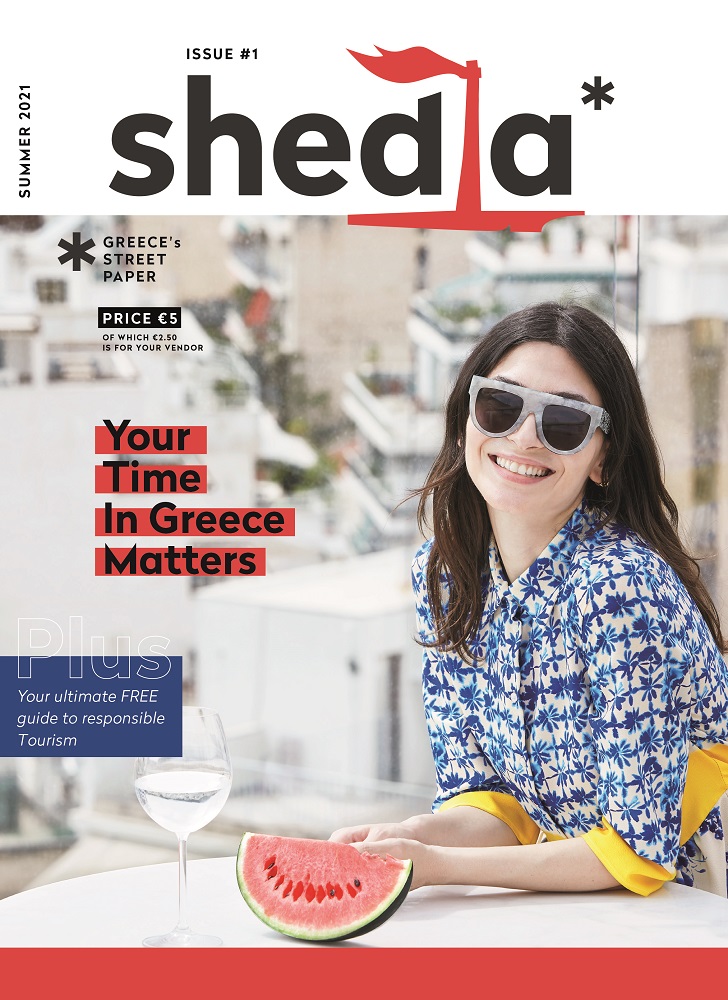
The big socioeconomic issues that Greece made international headlines for the last decade are still here; an austere fiscal policy has to be adopted until 2060, following the economic crisis that almost bankrupted the country in 2010, while European migrant policies have trapped here thousands of asylum seekers. In adversity, creativity flourishes.
The guide introduces visitors to social and environmental-friendly initiatives that will limit their environmental footprint and allow them to show their solidarity to marginalized populations.
Apostolou says she got the idea for the responsible tourism guide from seeing the thousands of western European volunteers arriving in Lesbos and other Greek islands that wanted to help refugees arriving from the Turkish shores.
“For years, both Shedia and I have a preference in solutions journalism stories,” Apostolou explains. “So we’re presenting the people and social initiatives we’ve both covered over the years.”
Chris Alefantis, Shedia founder and editor-in-chief, said: “Just like its Greek sibling, the English edition of Shedia is much more than just a magazine. It is a social project aiming at supporting some of the country’s most vulnerable members to support themselves while it seeks to provide a valuable guide to sustainable and responsible tourism for our international visitors.”
The responsible tourism guide includes beautiful Athenians that have not only survived a decade-long socioeconomic crisis, now appended by all that a pandemic brings with it but have also crushed any red tape and realised their ideas.
The visitor that will follow this guide will eat at a restaurant, whose chefs have experienced homelessness and social exclusion, find out about the story of an amazing woman rescuing horses, learn about the work of young refugees at a hostel 2/3’s of which is for tourists and the rest is for asylum-seekers and much more. Readers are offered themselves volunteering opportunities, like, for instance, taking care of rescued horses or helping out in a soup kitchen.
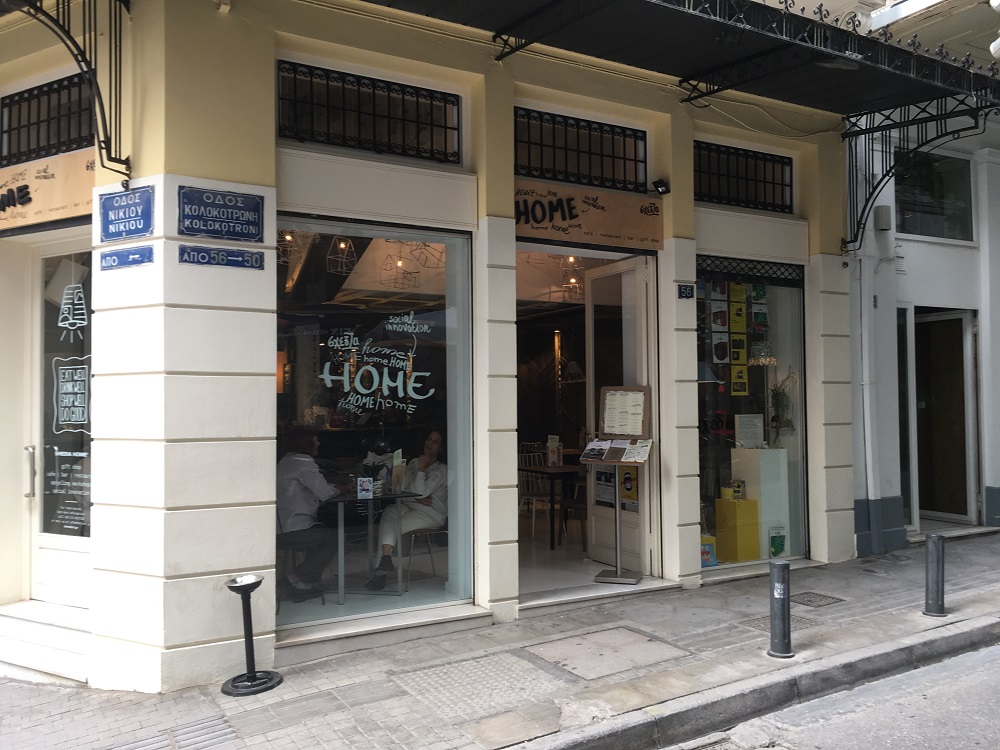
The project is partly funded by iMEdD, a non-profit journalism organisation founded in 2018 with an exclusive donation from the Stavros Niarchos Foundation (SNF).
Anna-Kynthia Bousdoukou, a journalist and iMEdD’s managing director, said: “[Shedia’s English edition] is an innovative venture, very useful for society, which at the same time reflects the uniqueness of this magazine, where journalism takes on a new dimension and becomes a vehicle for improving the living conditions of the salespeople who distribute it.
“It is therefore with great pleasure that we accepted the request to support the creation of this publication through benefits related to the action and experience of the organisation, participating in the creation of a useful tool that aims to inform and activate visitors to Greece during the summer period, giving them the opportunity to make the most of their time spent in our country.
“This is how we understand and want to treat journalism. As a means of expression, but more importantly as a vehicle of democracy.”
Shedia’s English edition will be distributed through the extensive vendors’ network of the Greek street paper as well as through custom-made newsstands in selected hotels, museums and other places that attract visitors’ interest.
It will cost five euros with 50 per cent from each copy sold going directly to the vendors’ pockets.
“Shedia”, by the way, is the Greek word for “life raft”.




